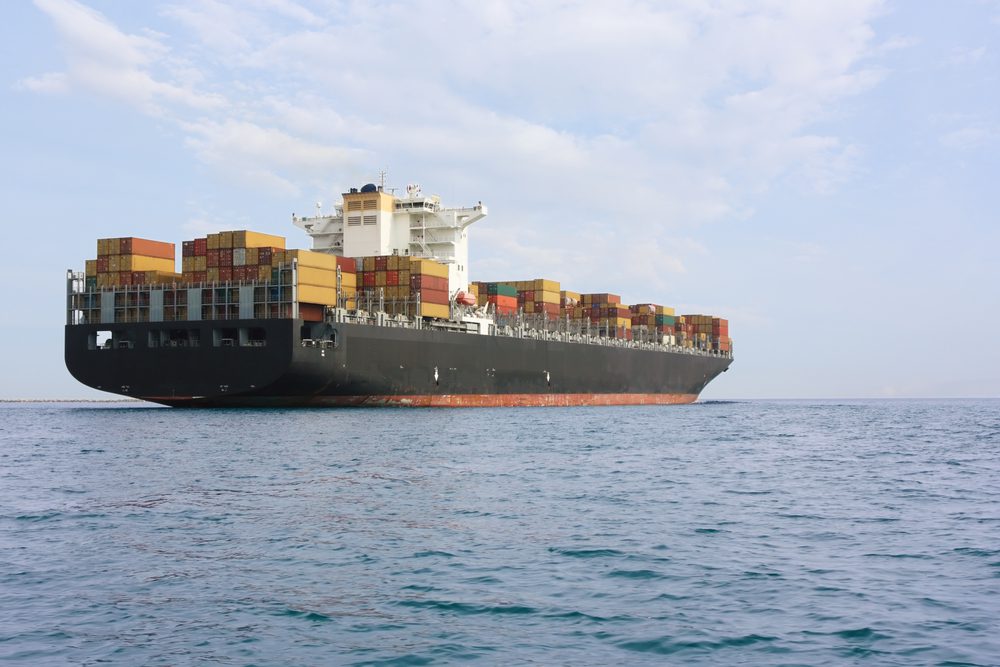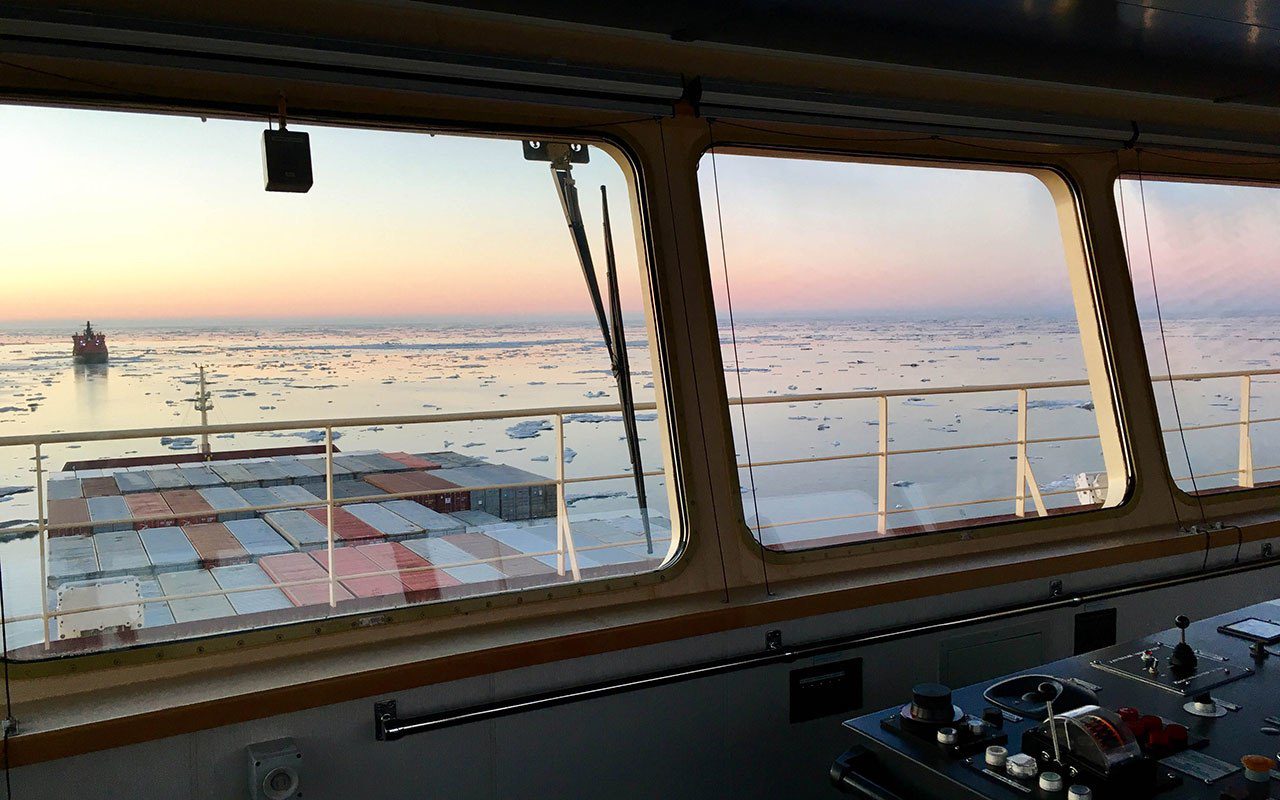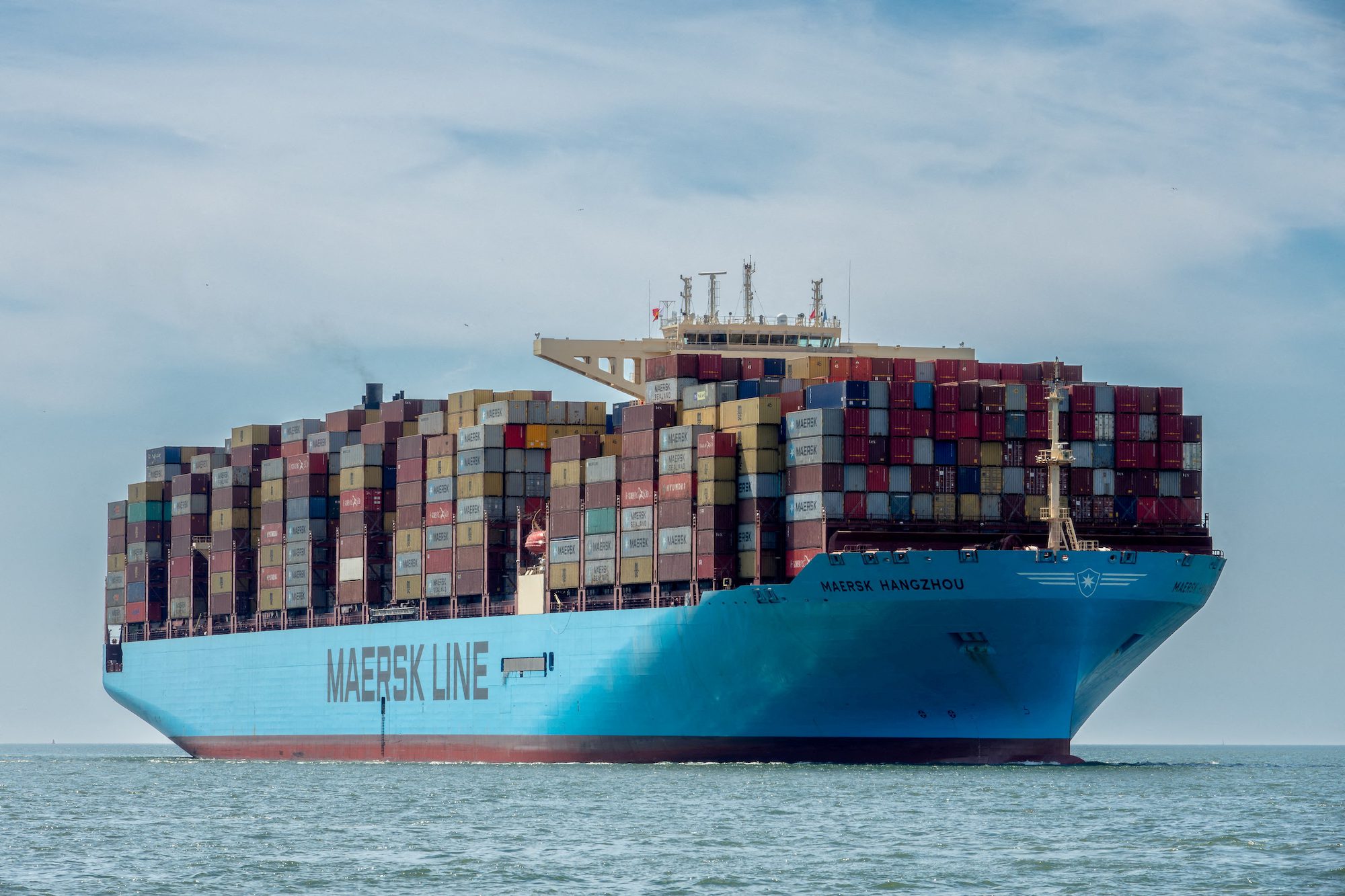Finland’s groundbreaking ban on sewage and open-circuit scrubber wastewater discharges in its territorial waters takes effect today, making it the first nation globally to implement such comprehensive wastewater regulations for cargo ships. Approved by the Finnish Parliament in December 2024, this legislation prohibits cargo ships from discharging wastewater into Finland’s territorial waters in the Baltic Sea.
The ban is being implemented in phases, with today’s enforcement targeting sewage discharges and wastewater from open-loop scrubber systems on ships over 400 GT or smaller vessels carrying more than 15 persons. Further restrictions will follow, with closed-loop scrubber discharges banned from January 1, 2029, and grey water discharges prohibited beginning January 1, 2030.
Compliance requirements include closing overboard valves before entering Finnish waters and documenting this action in the ship’s logbook. Ships must also record any grey water deliveries to port reception facilities.
“The valuable and fragile ecosystems in our shallow coastal waters will benefit from the change in legislation,” states Pieta Jarva, Strategy Director at the Baltic Sea Action Group (BSAG), which promoted the legislation.
Prior to this ban, cargo ships operated under minimal restrictions, with untreated sewage allowed to be discharged 22 kilometers from shore and treated sewage just 5 kilometers from land. However, even treated wastewater contains nutrients that contribute to the Baltic Sea’s eutrophication.
The Baltic Sea’s vulnerability stems from its unique characteristics, including shallowness, low water turnover, and enclosed nature. A recent study by BSAG confirmed that ship sewage discharges are significantly polluting this delicate ecosystem.
Finland’s action represents the most comprehensive approach to date, though neighboring countries are following suit. Sweden will implement a similar ban on scrubber discharges starting today, with Denmark planning comparable measures.
BSAG advocates for expanding these protections across the entire Baltic Sea region through international cooperation with organizations like HELCOM, IMO, and the European Union.
Mirja Ikonen, leading expert at Finland’s Transport and Communications Agency Traficom, stressed that recent studies on cargo ship effluent treatment deficiencies support these regulatory changes and will inform international MARPOL regulation development.

 Join The Club
Join The Club











